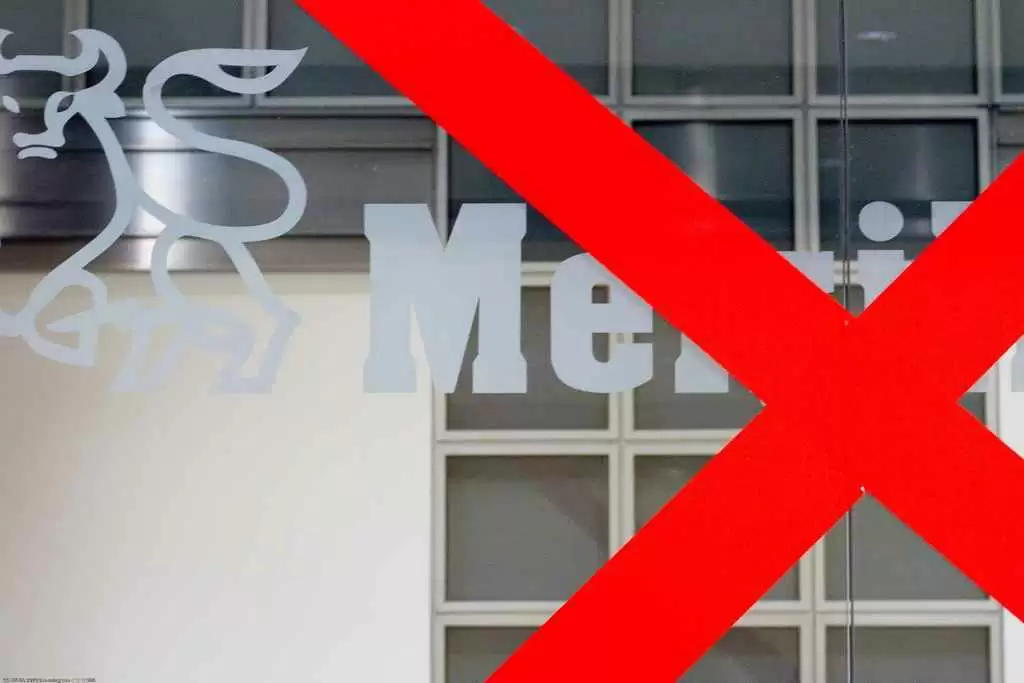Celiac.com 08/07/2025 - In a case that is already raising serious questions about disability rights, workplace discrimination, and the recognition of invisible illnesses, a New Jersey woman has filed a whistleblower lawsuit against Montclair State University. Odessa Donzella, a former executive assistant to the university's president, alleges she was terminated after requesting a short medical leave to manage celiac disease — a serious autoimmune condition triggered by gluten.
This story touches on far more than a single employment dispute. It shines a light on how chronic, often misunderstood conditions like celiac disease are treated in the workplace, and what rights people with gluten sensitivity or autoimmune disorders actually have under the law. For the estimated 1% of Americans with celiac disease — and many more with non-celiac gluten sensitivity — this case carries implications that go well beyond one woman’s job.
The Story: What Happened at Montclair State University?
Celiac.com Sponsor (A12):
According to court documents, Odessa Donzella was hired in May 2023 as a personal assistant to Montclair State University President Jonathan Koppell. Less than a year into her role, she claims to have faced discriminatory treatment from her supervisor, who allegedly mocked her work and laughed when she disclosed that celiac disease might affect her attendance.
On March 22, 2024, Donzella submitted a doctor’s note requesting a brief medical leave to manage her autoimmune illness. Instead of accommodations, she says she was told she’d be transferred to another campus for lower pay. When she followed up with another doctor’s note asking for just three days of leave, she was fired on April 3.
The lawsuit, filed in Essex County Superior Court, accuses Montclair State University of violating both the New Jersey Law Against Discrimination and the federal Family and Medical Leave Act (FMLA). Donzella is seeking financial compensation for lost wages, benefits, legal fees, and more.
Understanding Celiac Disease: More Than a Food Preference
At the heart of this lawsuit is celiac disease — an autoimmune condition that causes the body to attack the small intestine when gluten is consumed. The damage affects nutrient absorption and can cause a wide range of symptoms: chronic fatigue, anemia, joint pain, neurological issues, skin rashes, and severe gastrointestinal distress. For many, a strict gluten-free diet is not a preference or trend — it's a medical necessity.
Managing celiac disease is not as simple as avoiding bread. Gluten can be hidden in medications, cosmetics, and airborne particles in shared spaces. For someone with active symptoms or complications, even small exposures can lead to debilitating illness and require time off work to recover.
Invisible Illness in the Workplace: The Real Cost of Being Sick
One of the most painful aspects of Donzella’s claim is the alleged response from her supervisor, who reportedly laughed at her diagnosis. This reaction reflects a widespread misunderstanding about invisible or "silent" illnesses like celiac disease. Because people with celiac don’t always look ill, their symptoms and needs are often dismissed — even by those in positions of power.
For people with celiac disease or gluten sensitivity, the fear of being misunderstood or discriminated against can make it difficult to request accommodations. Even short-term absences, like the three-day leave Donzella requested, may be met with suspicion or hostility from employers who don’t recognize the severity of the illness.
Legal Protections: What Are Your Rights?
If Donzella's allegations are true, her termination could represent a violation of multiple laws designed to protect workers with medical conditions.
1. New Jersey Law Against Discrimination (NJLAD)
This law prohibits discrimination based on disability, which includes medical conditions like celiac disease. Under NJLAD, employers are required to make reasonable accommodations for employees with chronic illnesses — such as flexible schedules or brief leaves of absence — unless doing so would cause undue hardship.
2. Family and Medical Leave Act (FMLA)
At the federal level, FMLA allows eligible employees to take up to 12 weeks of unpaid, job-protected leave each year for serious health conditions. Celiac disease, when it causes flare-ups or requires medical attention, qualifies under this law. Terminating an employee who is exercising their FMLA rights could lead to serious legal consequences for the employer.
What This Means for People with Celiac Disease or Gluten Sensitivity
Donzella’s case illustrates a troubling gap between the legal protections available and the way they are enforced — especially when the illness involved is not well understood.
For individuals with celiac disease or gluten sensitivity, here are some key takeaways:
- You have the right to ask for accommodations. Whether it's time off, a modified work environment, or alternative duties during flare-ups, federal and state laws support your right to be healthy and employed.
- Documentation is key. Medical notes, formal communication with supervisors, and written requests for leave can help protect you if your condition becomes a legal issue.
- You are not alone. Thousands of people with celiac disease deal with workplace challenges, stigma, and a lack of understanding. Cases like Donzella’s help raise awareness and may lead to better policies in the future.
A Wake-Up Call for Employers
Montclair State University has denied any wrongdoing, stating that they “fully comply with all applicable laws” and believe the case will be resolved in their favor. But regardless of the outcome, this lawsuit should serve as a wake-up call for employers — especially public institutions — to revisit how they handle employee health issues.
Employers must remember that:
- Chronic illnesses do not always come with visible symptoms.
- Accommodating a health condition is not a favor — it's a legal obligation.
- Retaliating against workers for asserting their rights is not only unethical but also exposes organizations to significant liability.
Conclusion: The Cost of Silence
The outcome of Odessa Donzella's case remains to be seen, but it already underscores a larger truth: when invisible illnesses are not taken seriously, the consequences ripple outward — into workplaces, families, and lives. For people living with celiac disease or gluten sensitivity, her story is both a warning and a call to action.
By demanding to be heard and legally challenging her termination, Donzella is doing more than fighting for her own justice — she is forcing a conversation that needs to happen in every boardroom and human resources office. In doing so, she may help pave the way for a safer, more respectful working world for all people managing chronic illnesses.
Read more at: nj.com










Recommended Comments
Create an account or sign in to comment
You need to be a member in order to leave a comment
Create an account
Sign up for a new account in our community. It's easy!
Register a new accountSign in
Already have an account? Sign in here.
Sign In Now